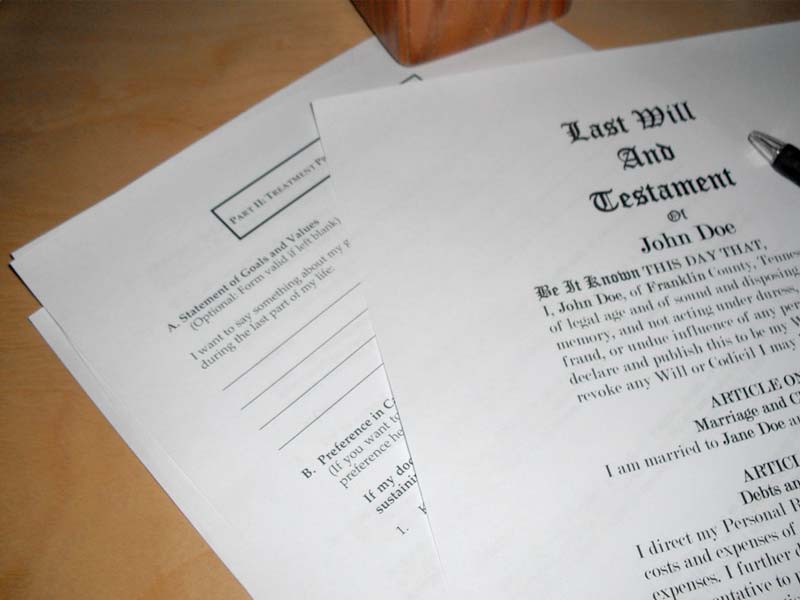Here are five reasons to have a will and why you should consider writing one sooner rather than later:
Of all the tasks that can be done during the summer months, drafting a will may not be at the top of your list. While it’s tempting to focus on vacations or home improvement projects, careful estate planning is one of the most important things you can do for your family’s future. Depending on the size of your estate, this process may be simple or involve more complex legal documents, such as trusts and a will prepared by an attorney.
1. A Will Can Be Less Costly Than Not Having One
One major reason to have a will is that it can save your family a lot of money. When someone dies without a legal will (called intestate), their estate goes into probate. Probate is a legal process that determines how a deceased person’s assets will be divided. Not only can this process be lengthy and expensive, but it may also result in your assets being distributed in ways you did not intend.
A well-prepared will can reduce the costs associated with probate and help minimize estate taxes. This is especially important for larger estates, where taxes could take a significant portion of the money you wish to leave to loved ones. By using trusts or shared accounts, you can further reduce the tax burden on your estate.
Even if your assets are modest, having a will ensures that your estate will be handled according to your wishes. Online forms are available for those who prefer a DIY approach, but hiring an attorney is a better option if you want tailored advice and assurance that everything is legally sound.
2. Prevent Family Disputes
One of the other key reasons to have a will is to prevent conflict among family members. Without a will, state laws determine how your estate will be divided, often leading to disagreements between heirs. This can result in costly and lengthy legal battles that strain relationships.
Family strife over inheritance is common, and even small misunderstandings can lead to permanent rifts. Having a clear will with specific instructions for asset distribution can prevent these conflicts and ensure that your estate is divided according to your preferences. Including a “no-contest” clause in your will can also help to discourage legal challenges by heirs.
3. Provide for Children and Pets
A significant reason to have a will is to protect your children and pets. If you have minor children, a will allows you to designate guardians for them in the event of your passing. Without a will, the court may appoint guardians, which may not align with your wishes, especially in blended families.
The same applies to pets. You can ensure that your beloved animals are cared for by someone you trust rather than being sent to a shelter. Including provisions for their care in your will guarantees their well-being after you are gone.
4. Specify End-of-Life Arrangements
A will is also useful for laying out your end-of-life preferences. Whether it’s a religious ceremony, burial, cremation, or a specific type of memorial service, your will can express these wishes. This provides clarity for your family during a difficult time and ensures that your preferences are respected.
5. Peace of Mind
Perhaps one the most compelling reasons to have a will is the peace of mind it brings. Life is unpredictable, and creating a will ensures that your assets will be distributed as you desire, even in the face of unexpected events. Whether you’re in your 20s, 30s, or older, having a will is a way to secure your family’s future.
While creating a will may seem daunting, the process is simpler than you might think. For more complex estates, working with an attorney is advisable, but many people find success with self-help forms available online. These forms can also serve as a tool to gather information before meeting with an attorney, helping to streamline the process.
In conclusion, a well-prepared will is one of the most important things you can do to protect your family and your assets. With these five reasons to have a will in mind, consider making estate planning a priority this summer. Taking the time to prepare your will now will provide lasting benefits for you and your loved ones.

